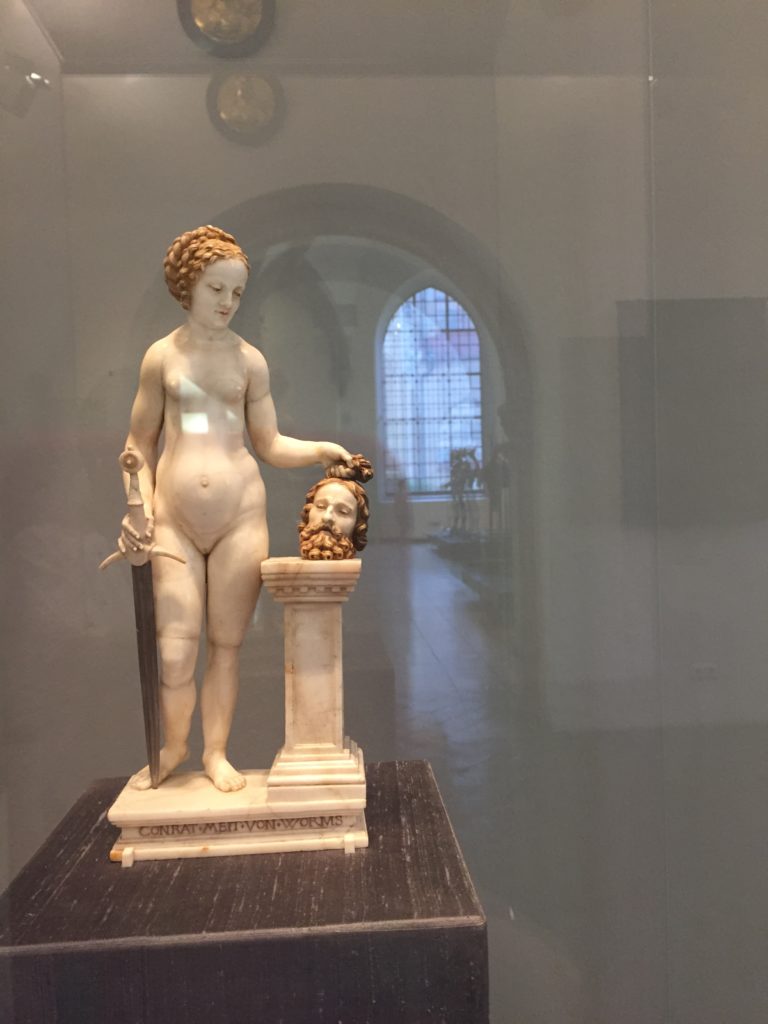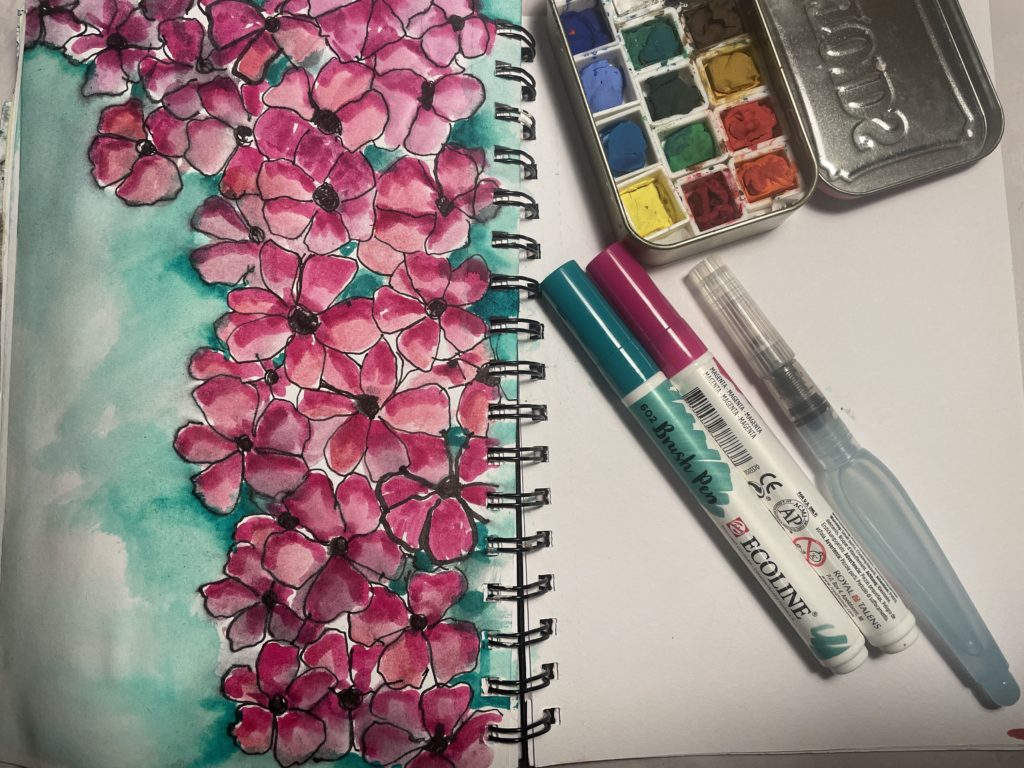
I recently read These Precious Days by Ann Patchett and found her attitude towards the writing life refreshing and so true for me.
Patchett’s moving collection of personal essays shed light on her life, as well as providing glimpses into how she writes, creates and nurtures her ideas, characters and stories. In one essay, she recounts an interview with an author who stated that two things were vital to be a successful writer – a visual dictionary and children. Patchett stated she had neither. In fact, she admits to not writing daily because sometimes life doesn’t work around your plans.
Most advice I have heard is about regimental writing routines, rituals, and plans. While one has to be committed to writing, I think that the creative process is different for everyone. The key is to figure out what your goal is for your project, and what steps/process works best for you to honestly apply your best efforts to reach that goal.
I highlighted the words ‘honestly’ and ‘best’, because there is a difference between really applying yourself in your writing/creative endeavour, and just distracting yourself from your task.
MY CREATIVE PROCESS
This has evolved as I understand what routine works best for my schedule, as well as my reflective process. Here is the gist of how I write, stay creative, and focus on the finish line.
The ideas are the simplest part of this process for me. I have notebooks filled with thoughts, outlines and paragraphs of stories and essays.
I’m a pantser when it comes to writing- someone who writes by the seat of their pants. I write intuitively, letting the characters and events guide my story toward my ending. This stye of writing, I realized after several projects, requires that I am organized, keeping a detailed log of names and events, in case I make changes when the first draft is done.
WRITING ROUTINE
I tried the daily writing routines, but it didn’t work out because I can’t plan for sick children, car problems, and other priority shifts. That left my daily schedule looking messy, and me feeling discouraged at the end of the day. During a conversation with writing consultant and former literary agent, Nathan Bransford, he suggested I write for a set number of hours per week. This weekly goal was more realistic for me, providing me with the flexibility to still meet a word/page or hour target, with less stress and disappointment with myself.
STAYING CREATIVE
When I am really struggling with how to develop a story, a character, or even a sentence, I switch tasks. Einstein supposedly said, “We cannot solve our problems with the same thinking we used when we created them.” Another creative outlet like painting, working on a junk journal, or playing the piano, allows me to stay in the creative mode while providing distance from what’s making me feel stuck. If I’m too aggravated to do any of these calmer creative tasks, usually sweeping and mopping my floors give me time to consider the writing hurdle, without obsessing and getting frustrated about it.
The length of my break depends on how ‘stuck’ I feel. It’s important not to distract yourself from writing for too long, nor to use the other tasks as an excuse not to write. Remember, if you aren’t doing the writing, you’re not moving toward your goal. It’s up to you to make the very fine distinction between whether you are realigning your energy and thoughts or simply escaping doing the work.
WHAT WORKS FOR YOU?
I believe that this comes to you the more you write, and the more you are aware of how you write, think, and stay focused and creative. In the meantime, when you’re stuck, can’t think straight, can’t focus on the writing or getting aggravated, for any other reason, ask yourself the following questions:
Do I need to step away from this project for a few minutes to clear my head?
What can I do to take a break from this point in my project that will allow my ideas to ruminate in the background? (I do not suggest watching Youtube, a movie, or shopping online).
Can I walk around/stretch/get up and look out a window for a few minutes to clear my unfocused energy and mind?
When you are doing your activity of choice, ask yourself what is making you feel stuck and aggravated.
Hopefully, by switching thinking and ruminating on your thoughts, you will see things differently, or at least more calmly, when you return to the work. (And, you must return to the work to make the break/creative switch effective.)
Let me know in the comments what your routine is, and what you do (or want to try) to stay creative on your writing journey.
Happy writing.
If you liked this post and are looking for more inspiration, check out:

